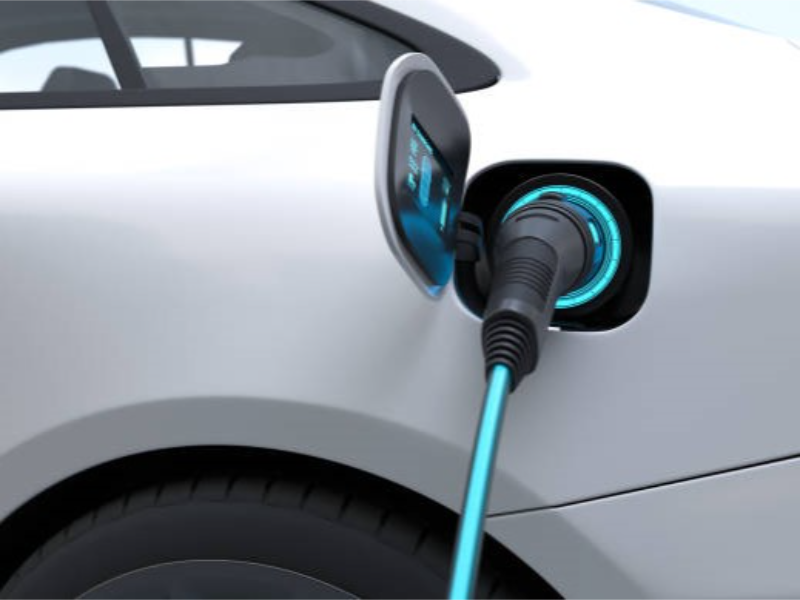
- Renault bet on a low-cost gearbox technology allowing the French carmaker to gain ground in Europe’s fast-growing hybrid car market.
- Renault seeking new direction follows the dissolution of its long-standing alliance with Nissan and Mitsubishi.
What happen
Renault‘s CEO, Luca de Meo, has focused on low-cost gearbox technology to boost the company’s position in Europe’s hybrid market. This strategy provides breathing space as competitors face challenges in the transition to electric vehicles. Demand for expensive electric vehicles in Europe has not surged, despite an impending EU ban on combustion engine cars by 2035. Renault, smaller than its competitors and impacted by record losses in 2020, is performing well in hybrid sales. In the first eight months of the year, sales of hybrid models like the Clio and Captur increased by 55%. This growth outpaced the EU’s overall 21.1% increase. Analysts noted Renault’s versatility and agility, praising the company for maintaining its business targets amid market difficulties.
Also read:Renault-backed EV startup to set up assembly in Hong Kong
Also read:China’s Xiaomi joins the EV race with ‘dream car’ to take on Tesla
Why it’s important
This situation is significant as Renault’s success in hybrids highlights a strategic pivot in the automotive industry. The ability to offer hybrids allows Renault to bridge the gap before full electric adoption.
These vehicles are cheaper than electric options but less polluting than traditional cars. This dual approach helps lower overall emissions, aligning with environmental regulations. The growth in hybrid demand is expected to continue until electric vehicles dominate the market by the end of the decade. Renault’s market cap, at 11.6 billion euros, positions it as a nimble player in a competitive landscape.
With reduced vulnerability compared to larger rivals, Renault‘s strategy may prove advantageous. The company’s shift follows the dissolution of its long-standing alliance with Nissan and Mitsubishi. These developments indicate Renault’s efforts to adapt to changing market conditions while pursuing sustainable growth in hybrid technology.










![iOS Decoded: iOS 18.3 RC new hidden features, changes and updates [Videos]](https://i0.wp.com/9to5mac.com/wp-content/uploads/sites/6/2025/01/iOS-18.3-Release-Candidate.jpg?resize=1200%2C628&quality=82&strip=all&ssl=1)









 English (US) ·
English (US) ·